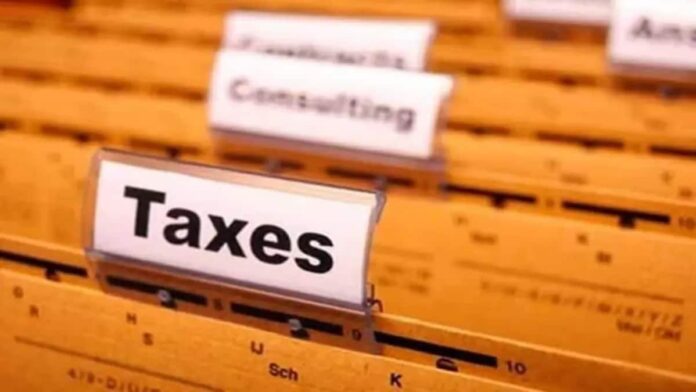Union Finance Minister Nirmala Sitharaman announced a rise in income tax exemption for individuals earning up to Rs 12 lakh per year, providing significant relief to the middle class. The salaried employees will not be required to pay income tax up to Rs 12.75 lakh after taking into account the Standard Deduction of Rs 75,000.
So, what is Standard Deduction, what are the limits both for the old and the new tax regime taxpayers?
Standard deduction on salary simplifies tax filing for salaried individuals, reducing taxable income by a fixed amount, and lowering overall tax liability.
In Budget 2024, Finance Minister Nirmala Sitharaman had increased the Standard Deduction limit from 50,000 to 75,000. However, the deduction is applicable only in the New Tax Regime, while its limit remains unchanged in the Old Tax Regime. There is no change under the old tax regime. Salaried taxpayers are eligible for the standard deduction of only Rs.50,000 under the old regime.
The increase in the standard tax deduction from Rs 50,000 to Rs 75,000 was a significant step to alleviate financial strain on taxpayers.
The standard deduction is a fixed amount deducted from taxable salary income that allows taxpayers to decrease their tax liability without producing any proof or disclosures.
The standard deduction streamlines the process of claiming deductions for salaried employees. This deduction is simple and requires no evidence or proof of investment. It is intended to cover expenses that are not eligible for deduction under other provisions of the Income Tax Act.
For example, the standard deduction of Rs. 50,000 might result in large tax savings for those in higher income bands. To put it in context, if you are in the highest tax rate (30%), this deduction can save you up to Rs. 15,000 in taxes.
Prior to its reinstatement in 2018, employees could claim particular allowances such as transportation and medical reimbursement, but only with evidence and limits. These allowances were replaced by the standard deduction, which provided a more clear method of reducing taxable income.
Assuming a gross yearly salary of Rs 10,00,000 and a standard deduction of Rs 75,000 under the new tax regime, the individual’s taxable income is Rs 9,25,000. The tax payable will then be computed using the lowered amount, lowering the overall tax burden on the employee.
» Read More


